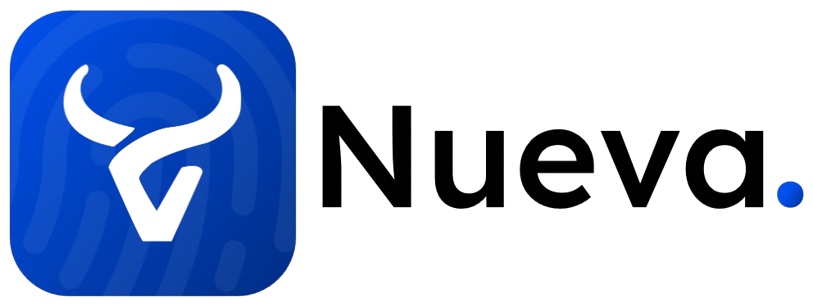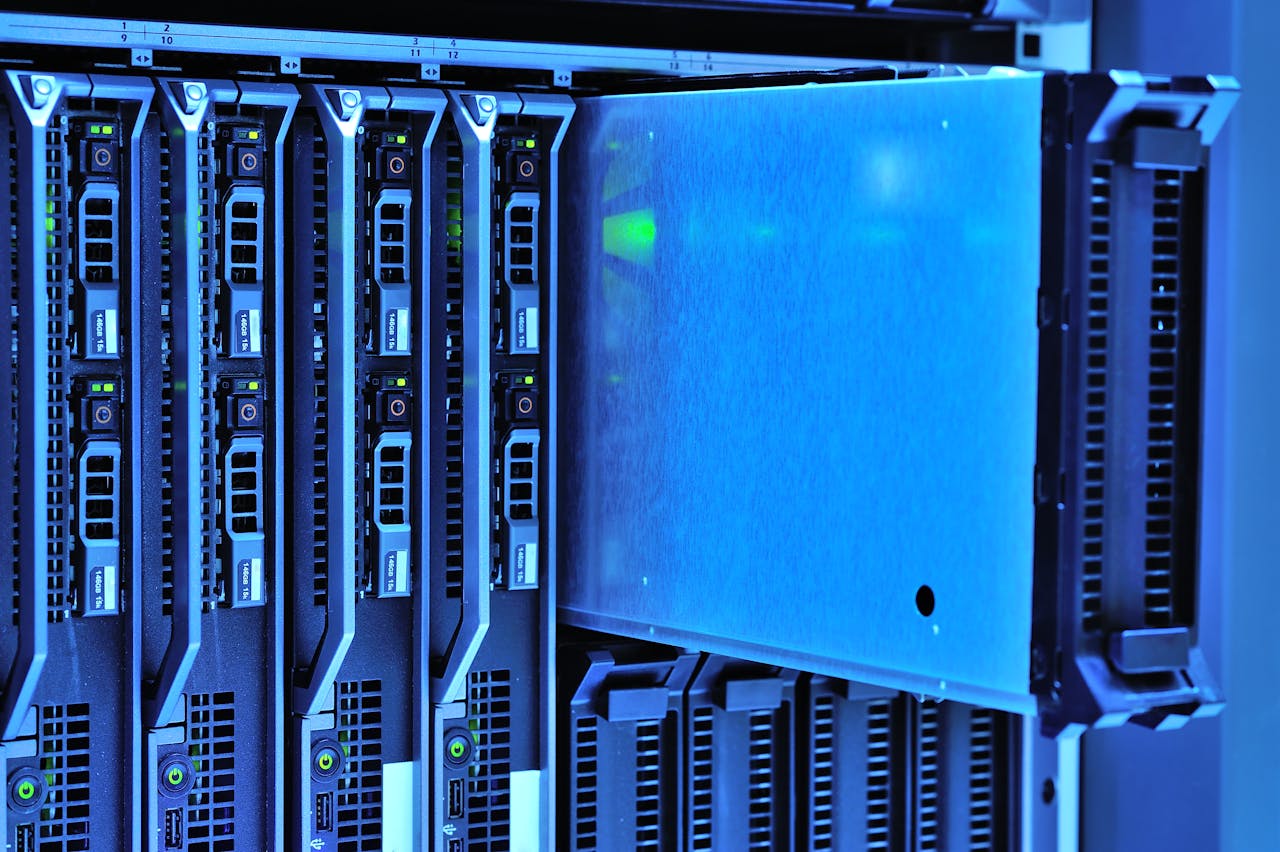Imagine your business is a treasure chest full of valuable secrets, and cyber threats are pirates trying to break in and steal them. Protecting your treasure has never been more important. The Essential 8 framework is a set of strategies from the Australian Cyber Security Centre (ACSC) designed to keep your business safe from cyber-attacks.
We’ll explore the benefits of Essential 8, how it can shield your business, ensure you follow important rules, and help everything run smoothly. By adopting these strategies, you can build strong defences and stay one step ahead of any cyber threats.
Strengthened Cyber Security Posture
The Essential 8 is a set of strategies that help businesses protect themselves from cyber threats. Think of it like a security system for your home, but for computers and data. It helps prevent common attacks such as malware, phishing, and ransomware by finding and fixing weaknesses before cybercriminals can exploit them. This proactive approach means that businesses are not just reacting to attacks but are actively working to stop them from happening in the first place.
Comprehensive Security Coverage
The Essential 8 consists of eight strategies that work together to create a strong defense for computer systems and data. First, there’s application whitelisting, which only allows approved programs to run on computers, stopping harmful software from executing. Next, patching applications involves regularly updating software to fix security holes that hackers might exploit.
Configuring Microsoft Office macro settings blocks potentially dangerous macros (small programs) from running unless they are safe. User application hardening disables unnecessary features in applications that hackers could use.
Restricting administrative privileges limits who can make big changes to computer systems, reducing the risk of misuse. Patching operating systems keeps the main software that runs computers up-to-date with security patches.
Multi-factor authentication (MFA) requires two or more ways to verify a user’s identity, making it harder for unauthorised people to access accounts. Finally, regular backups ensure that important data is saved regularly so it can be restored if something goes wrong.
Scalability for Businesses of All Sizes
One of the great things about the Essential 8 is that it’s flexible and can be adjusted for both small businesses and large companies. For example, even a small business can set up application whitelisting to prevent unauthorised software from running or use MFA to add extra security to user accounts. This means that no matter the size of the business, these strategies can be tailored to meet specific needs.
By implementing the Essential 8 strategies, organisations can significantly reduce the risk of cyber attacks, protect sensitive information, and maintain trust with their customers. It’s like having a strong shield that keeps your digital world safe and secure.
Enhanced Compliance with Regulatory Requirements
When companies handle people’s personal information, they have to follow certain laws to keep that information safe. The Essential 8 framework helps businesses meet these legal requirements. For example, in Australia, there’s a law called the Privacy Act that tells companies how to protect personal data.
In Europe, there’s another set of rules called the General Data Protection Regulation (GDPR). By following Essential 8, companies can show they are serious about security controls, protecting people’s data, and following the law.
Simplified Compliance Audits
A compliance audit is like a check-up for businesses to see if they are following all the rules and laws related to data protection. The Essential 8 makes these check-ups easier because many of its strategies match what the laws require. This is especially helpful for businesses in industries like finance and healthcare, where they have to be extra careful with sensitive information. By using the Essential 8, companies can more easily prove they’re doing the right things to protect data.
Reducing the Risk of Fines and Penalties
If a business doesn’t follow data protection laws, it can get in trouble and have to pay big fines. These fines can be very expensive and can also hurt a company’s reputation. By using the Essential 8 strategies, businesses can avoid these fines because they’re following high-security standards for cyber threat prevention. This not only saves money but also helps keep their good name intact.
Reduced Financial Impact from Cyber Incidents
When a cyber-attack happens, it can cause a lot of problems for a business, like stopping them from working properly. This downtime can be very costly because it means lost money and time.
The Essential 8 helps businesses reduce this downtime by preventing attacks in the first place and making it easier to recover if an attack does happen. By quickly finding and fixing problems, companies can keep working smoothly without losing too much money.
Avoiding Costly Data Breaches
A data breach is when hackers steal important information from a business, which can be very expensive to fix. The Essential 8 includes mitigation strategies like regularly updating software (patching), using multi-factor authentication (MFA), and doing daily backups of data.
These actions help protect businesses from data breaches. For example, if a company backs up its data every day, it can recover its information if hackers try to lock it up for ransom, without having to pay them.
Example Scenario
Imagine a business gets hit by a ransomware attack, where hackers lock up their files and demand money to unlock them. If this business has been using daily backups and MFA as part of the Essential 8, it can restore its files from backups without paying the ransom. Plus, MFA makes it harder for hackers to get into their systems in the first place. This way, the business avoids losing a lot of money.
Improved Operational Resilience
Resilience means being able to bounce back or keep going even when something bad happens. The Essential 8 helps businesses become more resilient against cyber attacks by making sure their important systems keep running even during an attack. This means they can continue their work with little interruption, which is crucial for keeping things running smoothly.
Supporting Business Continuity
Business continuity is about making sure a business can keep operating during and after a problem like a cyber attack. Cyber resilience strategies such as daily backups and application hardening (making software more secure) help ensure that businesses can quickly recover and maintain their services. For example, hardening applications reduces the risk of hackers exploiting weaknesses in popular software like web browsers or email programs.
Real-World Application
Think about a company that depends on its website or online services to serve customers. If there’s a cyber attack, having strong security measures means they can keep their website running with minimal disruption. This is important because customers expect services to be available whenever they need them, and any downtime could lead to lost trust or business.
Increased Trust with Clients and Stakeholders
When businesses adopt this cyber security framework in Australia, they show that they care about keeping client data safe and maintaining strong security practices. This commitment is important because it sets them apart from competitors who might not prioritise security as much. Clients who value security are more likely to choose a company that demonstrates this commitment.
Building Client Confidence
Using well-known security frameworks like the Essential 8 helps build trust with clients, partners, and other stakeholders (people involved with or affected by the business). When clients see that a company takes security seriously, they’re more likely to trust them with their data and continue doing business with them.
A Valuable Selling Point
In some industries like finance or healthcare, clients require their partners or vendors (companies they work with) to have strong cybersecurity measures in place. By adopting the Essential 8 strategies, businesses can show potential clients that they’re dedicated to security. This becomes an important selling point when trying to win new clients or partnerships because it demonstrates reliability and trustworthiness in handling sensitive information.
Strengthen Your Business’s Cybersecurity with the Essential 8
Using the Essential 8 framework is important for businesses to protect themselves from cyber threats and follow data protection laws. It makes it easier for companies to show they are following the rules, reduces downtime during attacks, and helps them keep running smoothly. This also shows clients that the business is serious about keeping their information safe, which builds trust and gives the company an advantage over others.
Nueva Solutions helps businesses stay safe from cyber threats by offering easy-to-understand and customised security solutions. We focus on what our customers need and work together as a team to make sure their information is protected.
If you want to learn more about cyber security advantages and how we can help your business stay secure, contact us today for a consultation.






